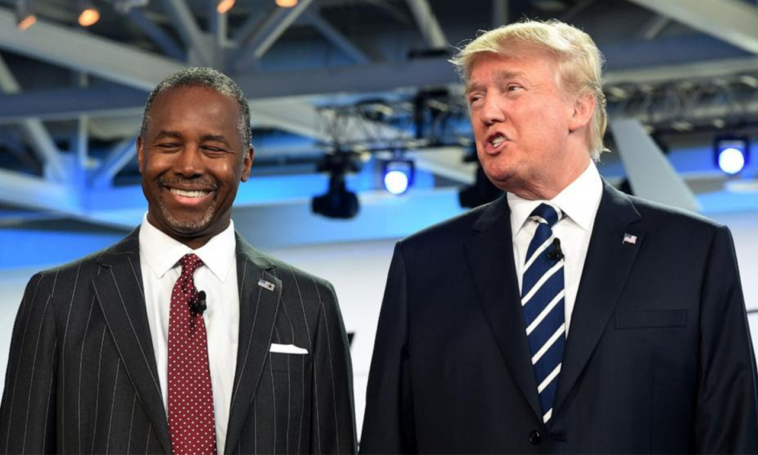Top Advisors to Ben Carson Confesses to Lobbying for Qatar. The recent admissions by former Trump campaign advisers, Barry Bennett and Douglas Watts, of unlawfully lobbying for Qatar have cast a spotlight on the intricate world of foreign influence and the legal ramifications associated with unregistered lobbying.
The Justice Department’s announcement of their admission and the subsequent deferred prosecution agreement brings to the forefront questions about transparency, accountability, and the blurred lines that can exist in the realm of political consulting.
Bennett and Watts, both with ties to the 2016 Trump campaign and, in Bennett’s case, also to Dr. Ben Carson’s presidential bid, acknowledged their failure to register as foreign agents while operating advocacy groups in Washington, D.C.
The groups, ostensibly working in the interests of Qatar, were discovered to have conducted campaigns without proper disclosure. The deferred prosecution agreement, a legal resolution allowing charges to be dropped after a year of compliance with specified terms, underscores the seriousness of the violations.
The duo’s involvement in shaping the narrative around the conflict in Yemen on behalf of Qatari clients is particularly noteworthy. By establishing the organization “Yemen Crisis Watch,” they embarked on a public relations campaign that targeted Saudi Arabia and the United Arab Emirates, all while advancing the interests of their Qatari patrons.
This case not only sheds light on the intricate world of political consulting but also raises concerns about the potential manipulation of public opinion by foreign entities through indirect channels.
The Justice Department’s decision to impose fines on Bennett and Watts, $100,000 and $25,000 respectively, serves as a financial penalty and a deterrent against future violations. This enforcement aligns with efforts to safeguard the integrity of U.S. elections and policymaking processes by holding individuals accountable for unregistered lobbying activities.
Turning attention to the political landscape, the article introduces the intriguing prospect of Dr. Ben Carson potentially re-entering the political fray as Donald Trump’s running mate in the 2024 election.
Carson, who served as Secretary of Housing and Urban Development, has maintained a relatively low profile since leaving office. However, rumors and speculations have circulated about his possible return to a prominent political role.
The notion that Carson might be considered for the vice-presidential slot in the 2024 election sparks interest and discussion. The social media account, The Calvin Coolidge Project, claimed Carson as the frontrunner for the position, raising questions about the dynamics within the Republican Party and Trump’s strategic considerations for the upcoming election.
However, it is essential to note that Trump has not officially disclosed his running mate, leaving room for other potential candidates, including those with diverse backgrounds, such as Tim Scott and Elise Stefanik.
In response to inquiries about the possibility of selecting a woman as his vice president, Trump’s statement reflects a pragmatic approach. While expressing a positive view of the concept, he underscores the paramount importance of choosing the most qualified individual for the role.
This response aligns with the broader discussions about diversity and representation in political leadership, emphasizing meritocracy as a guiding principle in the selection process.



Join the Community and Be a Part of the Conversation
You must be logged in or registered to post a comment.